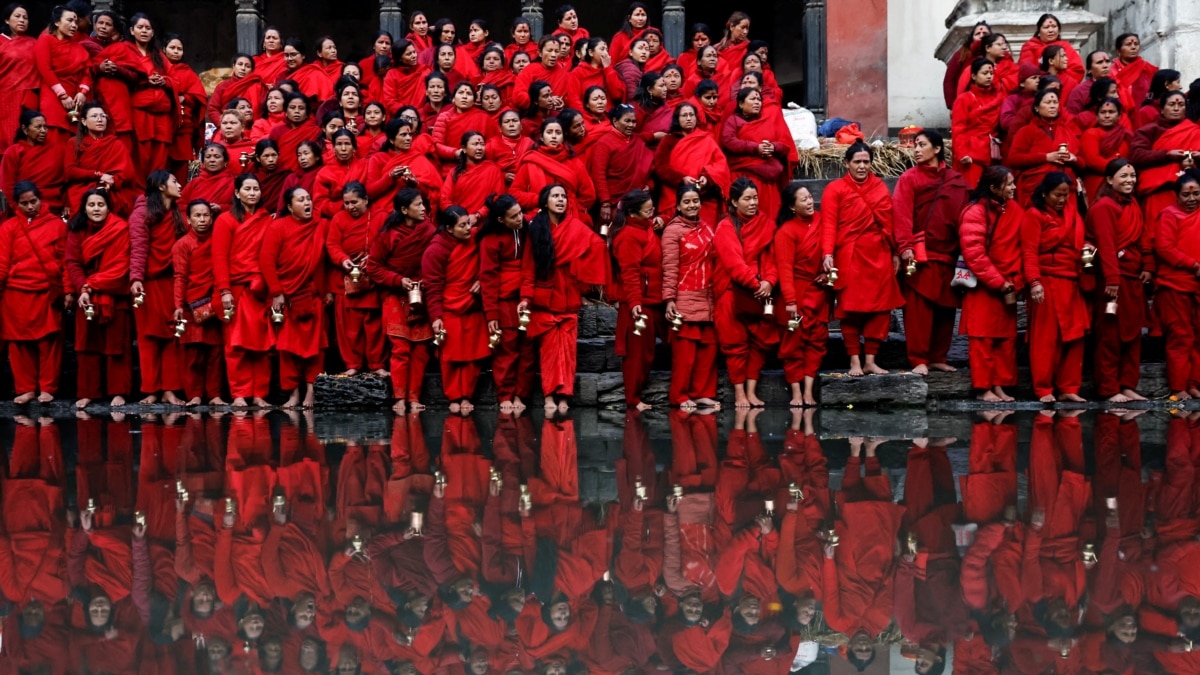On a visit to Potsdam last week, German Chancellor Friedrich Merz talked about how his government is tightening its migration policy. The primary objective, he said, is to continue to combat what he calls illegal immigration.
He then added another sentence, which caused an uproar: “But of course, we still have this problem in the urban landscape, and that is why the federal interior minister is facilitating and carrying out mass deportations.”
The insulting remarks have been widely criticized as racist, with many saying the chancellor was echoing the rhetoric of the far-right, anti-immigration Alternative for Germany (AfD) party, which has tied Merz’s conservative CDU in recent elections.
Critics from the opposition Greens and the Left party, as well as Merz’s centre-left coalition partners, the SPD, have accused the chancellor of stoking prejudice and furthering social division by suggesting that diverse urban populations should be targeted for deportation, while – wrongly – they are being blamed for high crime rates, harassment and sexual assaults.
Merz has rejected the criticism, although he acknowledged on the sidelines of a summit on the Western Balkans in London on Wednesday that people with migrant backgrounds were “an essential part of our labor market.”
However, he also claimed that many people in Germany and across Europe are “afraid to walk around in public places” because of migrants who do not have permanent residence status, do not work, and do not follow our rules.
Earlier this week, responding to a reporter at the head office of his conservative CDU party in Berlin, Merz seemed almost surprised by the question of whether he would retract his statement.
He said, “I don’t know whether you have children or not. If you have children, and they include daughters, ask your daughters what I might mean. I doubt you will get a very clear and unambiguous answer. There is nothing that I need to retract.”
“There are a lot of people who say, look at and judge it that way,” Merz reiterated when pressed further. “Once again: ask your children, ask your daughters, ask your friends and relatives. They will all confirm that this is a problem – once it gets dark, if not before then.”
Merz’s comments have led to several protests in recent days, with thousands of people joining groups such as Together Against the Right and marching in Berlin. A Petition titled “We are daughters” First launched on Tuesday, nearly 200,000 people had signed up as of Thursday morning. The petition’s introduction refutes Merz’s statements, saying, “We are daughters, and we will not allow ourselves to be affected by your racism, Mr. Merz! You do not speak for us.” It also calls for greater attention to violence against women.
Well-known Germans who signed the petition included actor Marie Nassmann and environmental activist Luisa Neubauer, who called out “racism” on Instagram.
“There are approximately 40 million daughters in this country. We have a real interest in making sure that our safety is taken seriously,” Neubauer said. “What we are not interested in is being misused as an excuse or justification for statements that were ultimately discriminatory, racist and extremely hurtful.”
Last week, a national survey conducted by opinion research institute Siwe showed a mixed picture, with only a third of 2,500 representative subjects saying Merz’s comments were xenophobic. Meanwhile, 59% said either definitely so or probably not so.
Germany is ‘a very safe country’
Is Germany really worried about rising crime? DW investigated this claim in September and spoke to crime expert Suzanne Karstad, among others. He gave the example of the area around the railway station in Frankfurt am Main, which has been a hotbed of prostitution for many years.
“Then it attracts violence and drug crime,” Karstedt said, adding that Germany has distinct areas like this where crime rates are very high. Like many other countries, there is higher criminality in urban areas than in German rural areas.
Official figures from the Federal Criminal Police Office for 2024 show that out of every 100,000 German citizens, 1,878 adults and children over the age of 8 committed a crime. However, among non-German residents the figure was 5,091. The Criminal Police Office stated that it is mainly young male refugees who are responsible for this high proportion. Many of them have fled the war zone and are traumatized, and they often find themselves isolated in Germany.
However, Karstadt stressed that Germany could overall be considered a “very safe country”. “Here, as in other Western European countries, crime rates have declined since the 1980s and 1990s.”
criticism from both sides
The governing coalition of conservatives and social democrats (SPD) has been involved in the debate. On Wednesday, SPD Vice Chancellor Lars Klingbeil warned that politicians “have to be very careful what kind of discussion we start when we suddenly divide people into ‘us’ and ‘them’, people with a family history of migration and people without migration.”
Merz has also received criticism from the CDU party. “Certainly, there are many places where the look and feel of a city is untenable,” said Dennis Radtke, a senior party member. “But saying that deportations will change is simplistic, raises unrealistic expectations, and fails to reflect the complexity of the issue.”
Speaking on the German N-TV news program on Monday evening, SPD General Secretary Tim Klusendorf said the chancellor was mixing things up that shouldn’t be. He stressed that people should not be stopped from solving problems.
“When I think about what it must be like for people who have come here from somewhere else, whose parents came here, who are not white or who look different from Frederick Merz […] “It’s not a nice feeling,” Klusendorf said. “I think we should avoid that.”
This article was originally written in German.






Leave a Reply